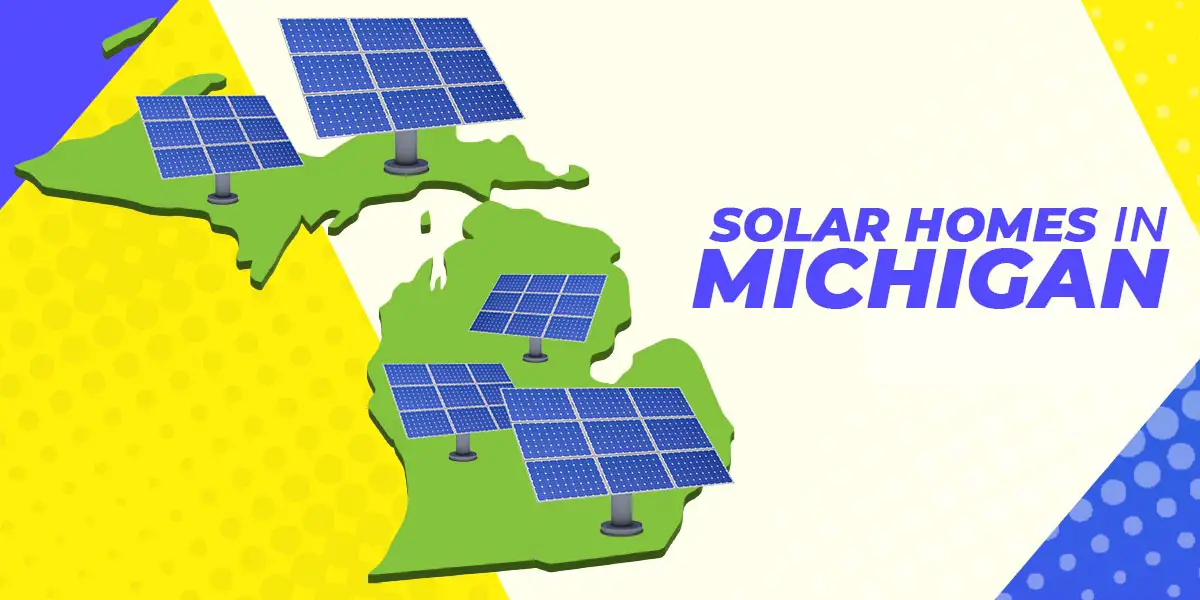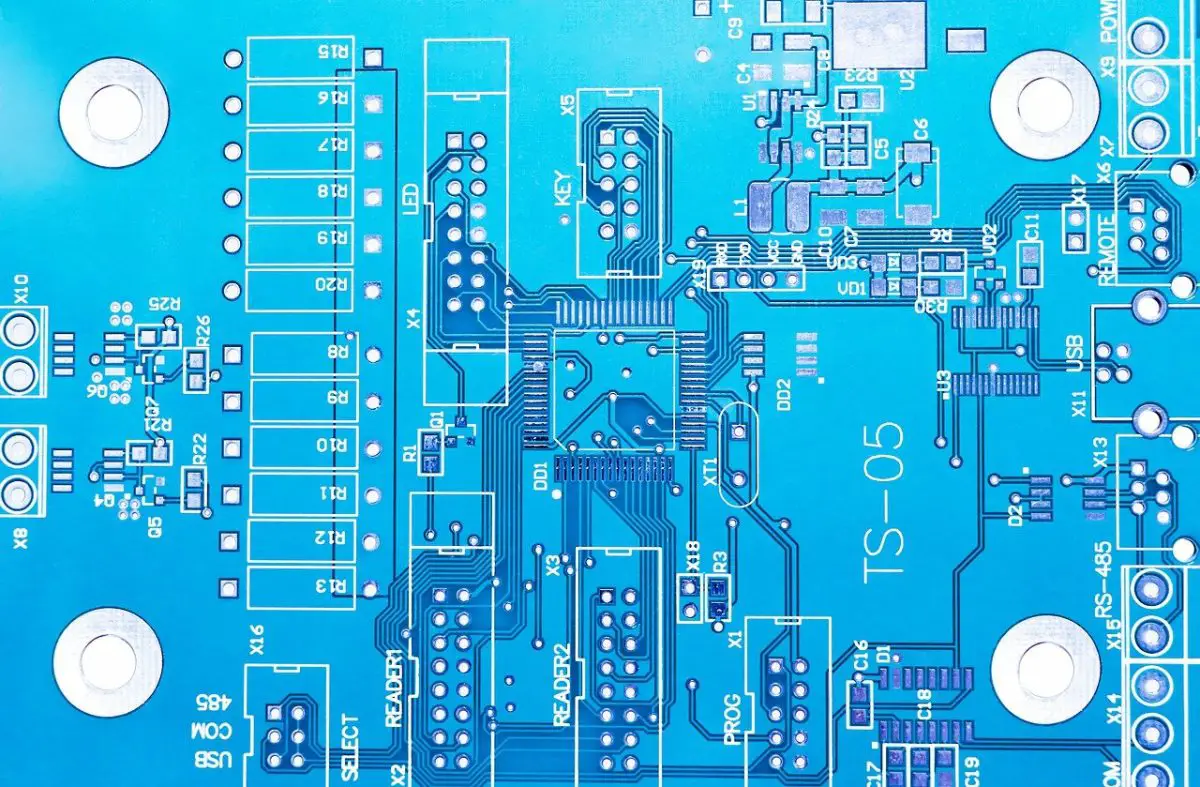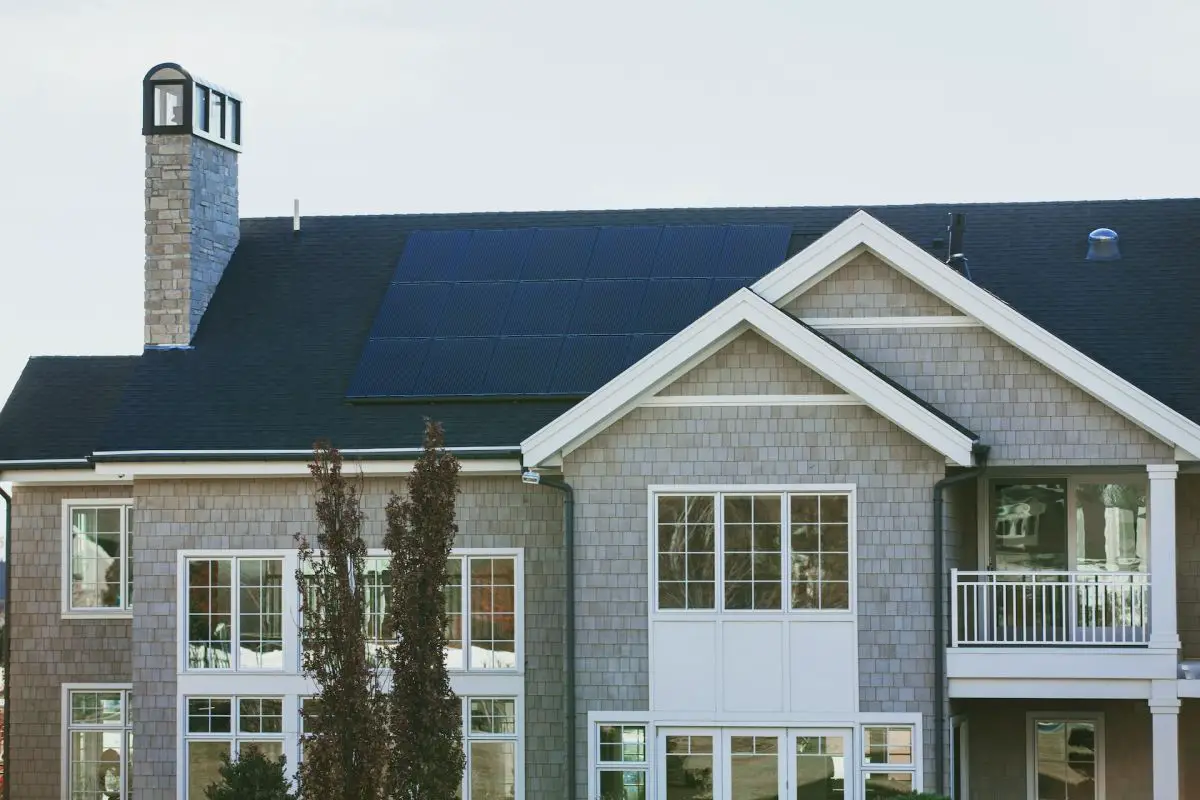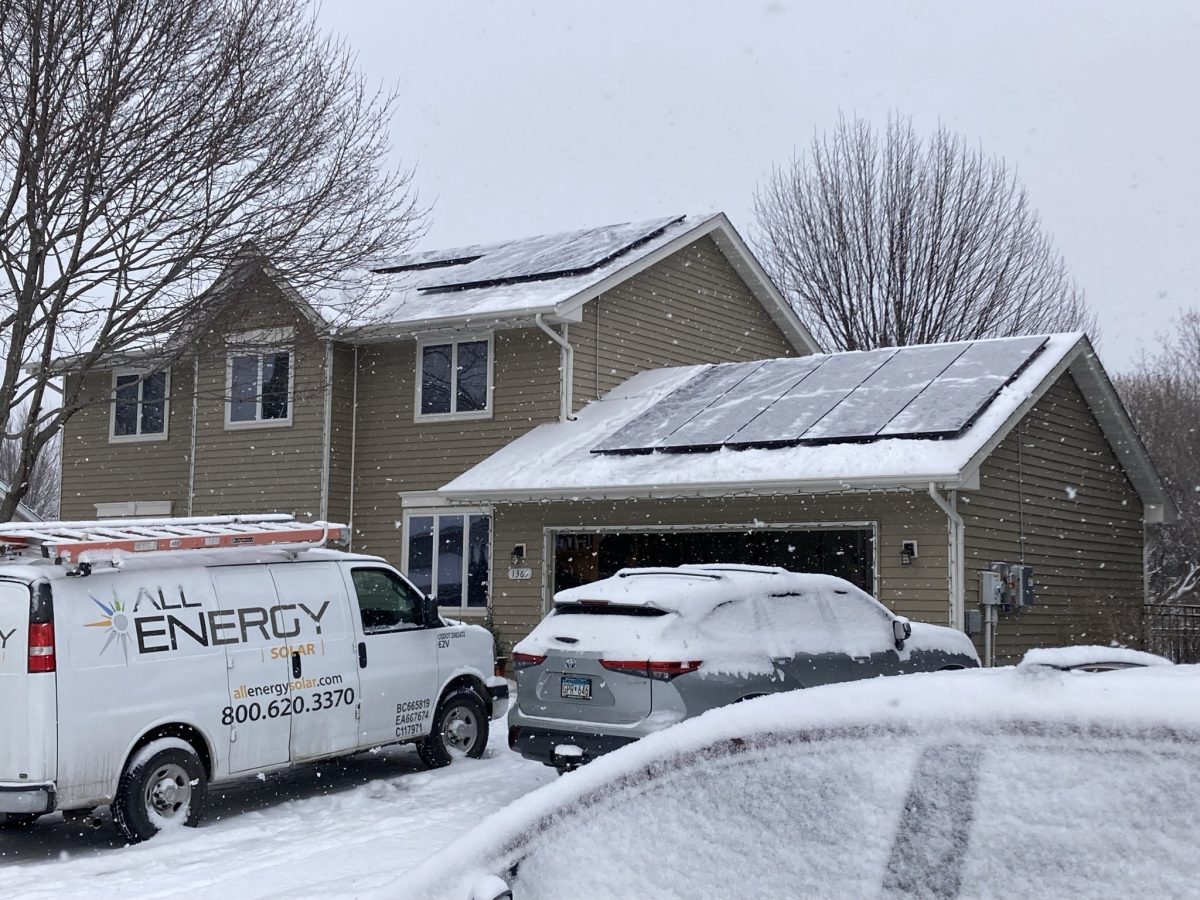Michigan is often brushed under the carpet in discussions about solar power, considering its rather cloudy and cold temperatures. But unbeknownst to many, Michigan is one of the most incredible places to kickstart your environment-conscious journey with solar panels. Investing in solar panel installation in Michigan lets you in on numerous benefits, but it’s imperative to know all about solar panels before committing to a company’s services.
What is the Trend of Solar Power Adoption in Michigan?
Thanks to new technological advances, solar panel installation in Michigan has been piling up in recent years. Decreasing solar rates and the assortment of regulatory actions and financial incentives offered to solar energy users play a part in its burgeoning rise. After all, you do not want to overlook a 30% federal tax credit. Numerous residents and businesses in the state have gone solar, with 2019 seeing 33.28 MW of solar power being installed for a total of 193.39 MW. 1,291.99 MW more is touted to be installed in the next five years.
While it is true that the Great Lake state fares among the lowest U.S. states for solar irradiance, Michigan is predicted to utilize 120 TWh per year by 2030, reaching a 100% solar electrical grid would call for 2.4% of Michigan’s land area to host no less than 108 GW of installed capacity. In 2020, Michigan boasted over 208 MW of solar capacity, with December of that year making a high point with more than 105 MW brought online. That is a big jump when you consider the statistics of 2016: a mere 0.25% of all electricity was solar-generated in the state.
Things to Know Before Installing Solar Panels on Your Michigan Home
Let’s see how the Great Lake state’s bitter winters keep solar panels running without a hitch. This article will speak of the five most important things before attempting solar panel installation in Michigan.
1. Is Michigan Weather Optimal For Solar Power?
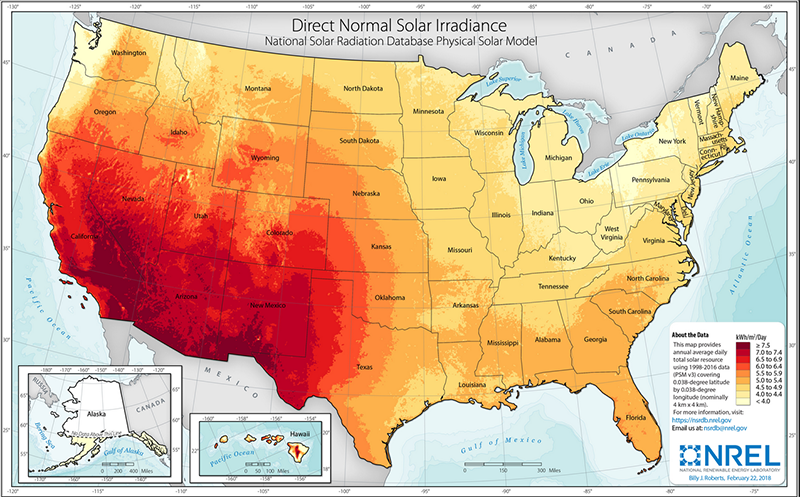
California and Florida are often considered the top locations for solar. Still, this belief is rooted in the presumption that solar panels flourish in warmer climates with ample sun exposure. So naturally, Michigan has always been pushed to the back when solar energy was concerned. Sure, Michigan experiences its fair share of cloudy days (more so than many other states), but solar energy holds an excellent track record, regardless of its weather concerns.
You’ll get solar panels in Michigan that can withstand a whopping 50 mph hail strike from a one-inch ball of hail and, therefore, flourish well in the winter months, given they are maintained and monitored properly. Solar panels tend to work better in colder climates with amped-up energy output. Sure, there is a particular energy boost in the summertime, but it is not really due to the warm weather. Michigan’s northern climate makes the state an excellent fit for solar power.
2. How Much do Solar Panels Cost in Michigan?
We have tried to outline the average cost of solar panels in Michigan, and this is what it looks like: the typical prices are around $2.66 per watt. This equates to an estimated 6,000 watts (or 6 kilowatts), a solar module running $11,797 after getting the 26% federal tax rebate.
Note that a solar panel system’s size affects the installation price as well. Systems with bigger capacity can generally boast a cheaper value per watt, as people might buy the panels wholesale. However, these are more extensive solar systems, and they will offer a higher overall cost, owing to the increased number of single panels. The good news is that the cost of solar panels in Michigan has been going down lately, and the number of tax credits, rebates, and other incentives makes it worth the try.
3. What Laws Are On The Books About Solar Panel Installation in Michigan?
Michigan is seeing a steep rise in the popularity of solar energy, with nearly 83,000 solar-powered houses at present. A few solar laws play a big role in the success of solar power in the state. For one, you will qualify for the federal solar investment tax credit. To give some context, in 2020, having a photovoltaic system will gain you 26% of your total solar cost as a tax credit. If you spent $20,000 on your new solar system, the federal solar tax credit will be $5,200 ($20,000 x 26%). Jump to the end of 2022, and the federal tax credit will be lower to 22%.
Solar rebates us yet another incentive to consider. While it is true that Michigan doesn’t boast a mandated state rebate per se, manufacturers such as LG offer their solar rebates. Note that these are time-sensitive procedures, but if you are patient, you will be eligible for many incentives, such as the one offered by LG: the company has been offering $600 as a solar rebate to be redeemed the following year.
It’s been a roller-coaster ride over the past decade, with Michigan’s solar property tax exemption law exchanging numerous hands. Finally, it stands at a point where taxing your property will not include the value of the solar panels on your property.
4. Potential Cost Savings on Electricity
Here’s how solar panels save your electricity cost: if you are a solar module owner, you will be credited for the electricity you provide to the grid through net metering. This entails you getting charged only for the “net” consumed energy. Usually, about 20 to 40% of the solar system’s output makes it to the grid, and it is used to power neighboring energy loads. In addition, the Residential Renewable Energy Tax Credit offers a tax credit of up to 22% of the total cost of your system.”
You can create enough power to match your home’s electricity demand with the right kind of solar system for a year, but the quantity of energy generated will fluctuate. For example, it will inevitably be more in summer and less in winter. The provision of net metering ensures that the seasonal variations in solar energy generation are not a thing of worry. It does that by crediting you for the extra power generated by your panels, allowing you to use them later.
5. The Type of Roof on Your Home, Its Angle, and Suitability to Solar Panels
There needs to be enough space on your roof to facilitate solar panel installations, regardless of whether you are installing solar panels in Michigan or otherwise. You might not get the expected return on your investment if your roof doesn’t have enough room for installing solar panels. So, to ensure your solar module is producing as much power as possible, it needs to be positioned well, preferably facing south or west. In addition to its direction, the inclination of your roof matters as well.
However, this doesn’t imply that flat roofs are less suitable for solar installation. Installing solar panels on a flat roof can often be more flexible than sloped roof solar installations. Your solar company might be able to assess your roof for its material, angles, and suitability best according to your region.
It’s best to consult a professional regarding the quality and shortcomings of your roof before going ahead with the installation. For example, if the rooftop cannot handle the weight of solar panels, that could prove to be hazardous.
Verdict | Are Solar Panels Worth it in Michigan?
Here’s the final takeaway: installing solar panels in Michigan is a great way to save some bucks and ensure environmental consciousness. Unfortunately, there aren’t many tax breaks available, but renewable energy is rapidly gaining popularity among voters and politicians alike, and incentives are likely to return soon. It’s worth examining the pros and cons of solar power for your home or farm. So, if you are considering putting up solar panels in place of standard electric systems at your home, now is as good a time as any!
Final Thoughts on Thinking About Solar Panel Installation In Michigan
One thing is sure, the economics of planning a project for solar panel installation in Michigan is changing yearly. A project that could not show ROI for one year may do so next due to changes in material costs and regulatory incentives. It’s considered a best practice to revisit a project that didn’t show a positive ROI to see if it’s worthwhile to pursue.

